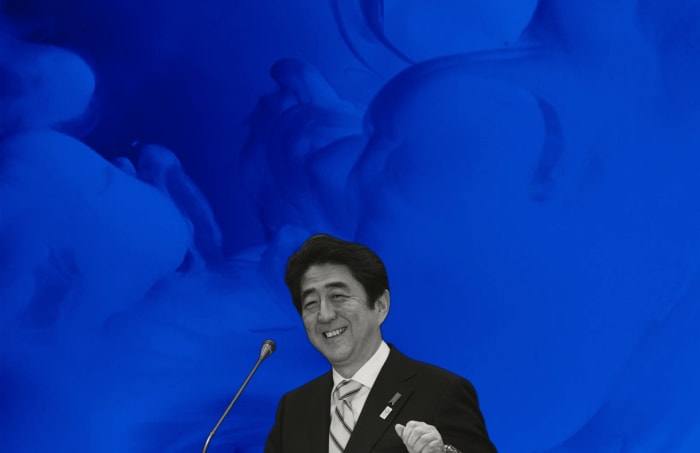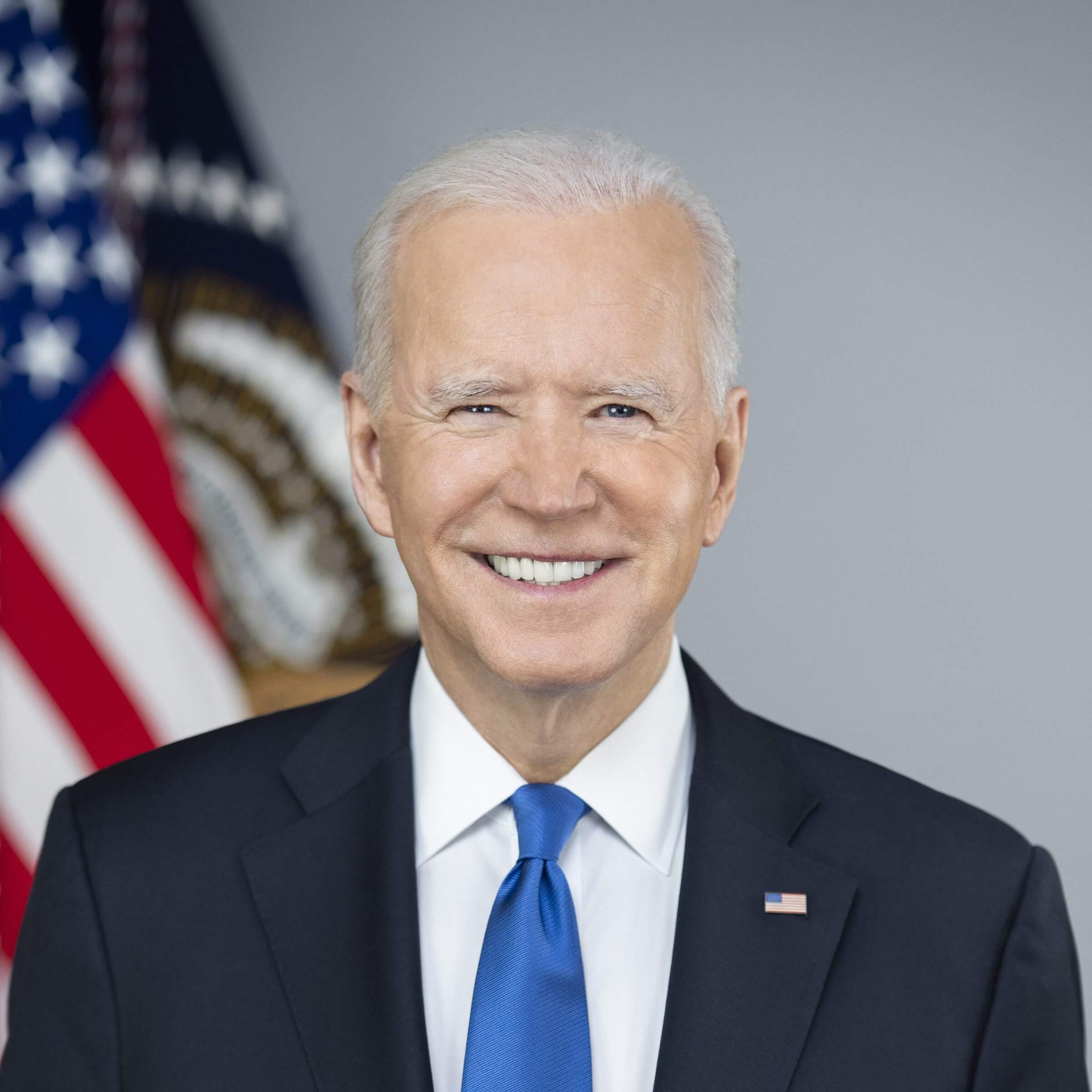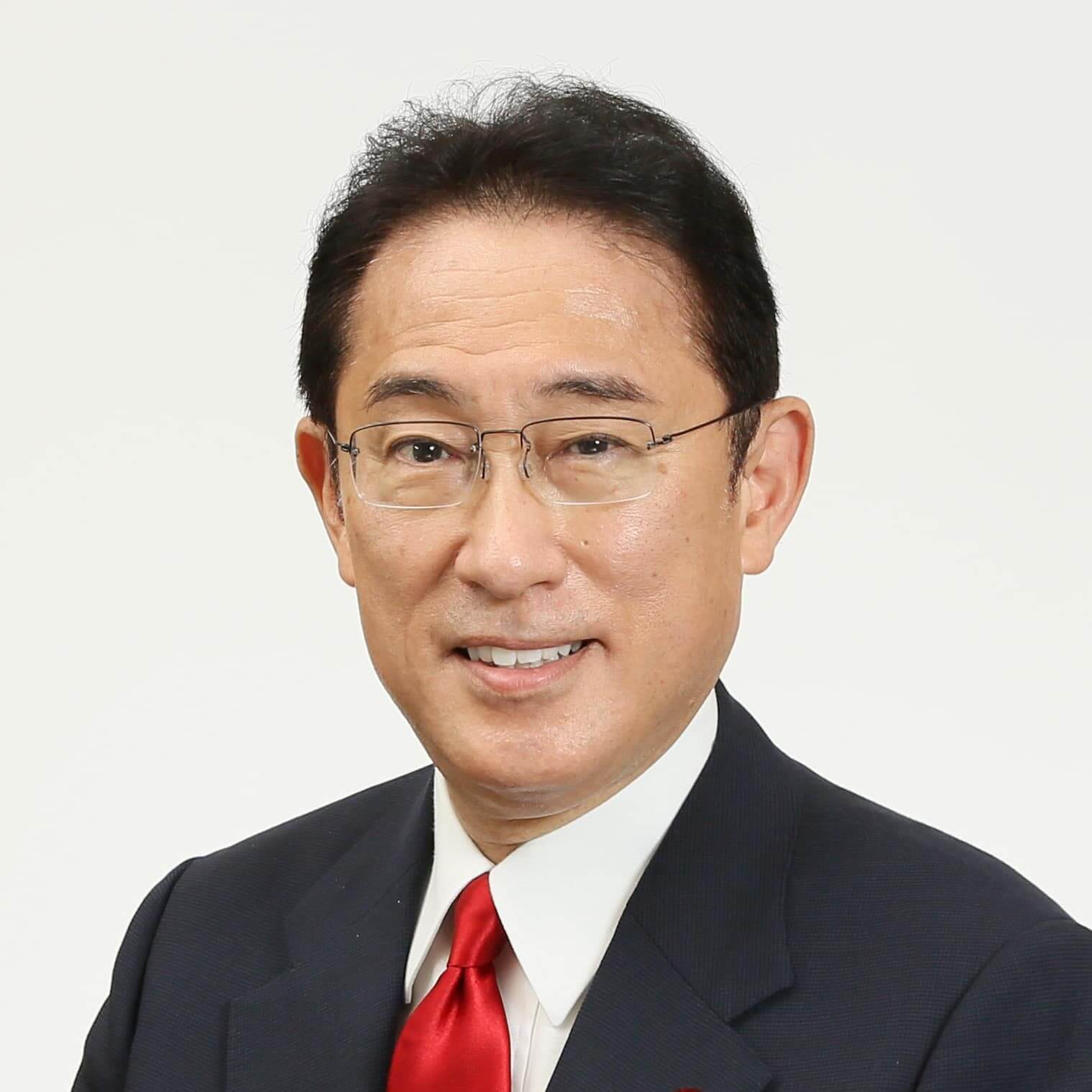
- Shinzo Abe, a former and longest-serving prime minister of Japan, was shot during a political campaign event and passed away in the hospital.
- Security personnel on the scene detained the 41 year old shooter, who claims to have a grudge against the Unification Church.
- The shooter used a shotgun made at home, where more guns were found.
- Abe received four hours of medical attention before being declared dead at 17:03 local time (08:03 GMT).
The country's longest-serving prime minister, 67, was assassinated while campaigning for the ruling Liberal Democratic Party in the city of Nara, near Kyoto.
The shooter shot Abe because of his association with the Unification Church, a new religious movement founded in Seoul, South Korea, by Sun Myung Moon (1920–2012), a Korean messiah claimant. The church is known for its conservative-leaning political activism.
The death of this former prime minister, who served from 2007-2008, and then again from 2012-2020, shocked the Japanese nation where strict gun laws make shootings extremely rare.
Statement by President Biden on the passing of Shinzo Abe

I am stunned, outraged, and deeply saddened by the news that my friend Abe Shinzo, former Prime Minister of Japan, was shot and killed while campaigning. This is a tragedy for Japan and for all who knew him. I had the privilege to work closely with Prime Minister Abe. As Vice President, I visited him in Tokyo and welcomed him to Washington. He was a champion of the Alliance between our nations and the friendship between our people. The longest serving Japanese Prime Minister, his vision of a free and open Indo-Pacific will endure. Above all, he cared deeply about the Japanese people and dedicated his life to their service. Even at the moment he was attacked, he was engaged in the work of democracy. While there are many details that we do not yet know, we know that violent attacks are never acceptable and that gun violence always leaves a deep scar on the communities that are affected by it. The United States stands with Japan in this moment of grief. I send my deepest condolences to his family.
Abe's Legacy
- Abe is known for being an outspoken nationalistic conservative figure.
- Abenomics is an economic philosophy characterized by quantitative easing, increased government spending, and structural reforms.
Abe is known for being an outspoken nationalistic conservative figure and an advocate for a stronger Japanese military and "Abenomics".
The "three arrows" of Abe's economic philosophy, dubbed "Abenomics," are monetary easing from the Bank of Japan, fiscal stimulus through government spending, and structural reforms.
During Abe's term in office, Japan's nominal GDP growth rate accelerated, and the ratio of government debt to national income stabilized for the first time in decades. The "third arrow" of structural reforms, however, was not as impactful.
Ramifications
- The current prime minister of Japan, Fumio Kishida, may use the legacy of Abe to build up the military.
- The death of the longest-serving prime minister will give Kishida the chance to shape his own legacy.
- A stronger Japanese military will weaken the influence of China and its allies in the South Pacific.
The death of Abe shone a long-awaited spotlight on Fumio Kishida, the current prime minister of Japan and the newest leader of the Liberal Democratic Party of Japan.
Kishida has said he will continue to pursue Abe's goals, like building a stronger military.
Previously, Kishida hinted at distinguishing himself from Abe by proposing a sort of "new capitalism" that aimed to reduce income inequality and raising taxes on the wealthy. With rising global tensions and the looming threat of China, though, Abe's conservative agenda has grown in popularity, and Kishida has ratcheted back progressive rhetoric.
Kishida has been relatively silent on amending the pacifist clauses of the Japanese Constitution, which condemns war and was advocated for amendment by Abe.
Less than the equivalent of 2% of Japan's GDP is spent on defense, and increased military spending could be consequential for the South Pacific. An ally of the United States, a stronger Japan means stronger opposition to China, which could be perceived as a threat.
Statement by Prime Minister Kishida on the passing of Shinzo Abe

Today, as the result of a sudden, outrageous act, former Prime Minister ABE Shinzo has passed away. The despicable act that took the life of Mr. ABE Shinzo, carried out in the middle of an election, the very basis of democracy, is absolutely intolerable, and I condemn it in the strongest possible terms.
Possessing outstanding leadership and execution ability, Mr. ABE Shinzo, at the risk of his own life, took on the weighty responsibility of being prime minister for the sake of Japan, which faces a severe state of affairs both domestically and internationally. He did so over a total of eight years and eight months, the longest period in our constitutional history.
He worked to the very best of his ability to accelerate reconstruction from the Great East Japan Earthquake, applying his strong determination that "all Cabinet members are ministers for reconstruction" and "without the reconstruction of Tohoku, there will be no revival of Japan."
In extricating our nation from the long-term deflation that Japan had suffered under, he promoted economic policies comprising his "three arrows" of bold monetary easing, flexible fiscal policy, and a growth strategy that encourages private sector investment, making major contributions to the revitalization of the Japanese economy.
In his diplomatic and security policies amid an increasingly severe international situation, while positioning the solid Japan-U.S. Alliance as the cornerstone, he pursued diplomacy that took a panoramic perspective of the world map and he also worked tirelessly to realize a Free and Open Indo-Pacific. He moreover made every effort to prepare the legal structure for the Legislation for Peace and Security, building the foundation to foster the peace and prosperity of both Japan and the world.
He captured the major trends of the era, with work style reform, a social security system oriented to all generations, and a society in which all citizens are dynamically engaged, and, always examining the era one step into the future, across a broad spectrum of fields he left major achievements intended to carve out the future of this nation.
Upon hearing the sudden news of his death, I cannot hold back my grief.
Here, together with the Japanese people, I extend my heartfelt sympathies and pray that he rest in peace.
Kishida has a wealth of political capital thanks to Abe's legacy and the growing popularity of strengthening the Japanese military. What he spends it on will determine his legacy.